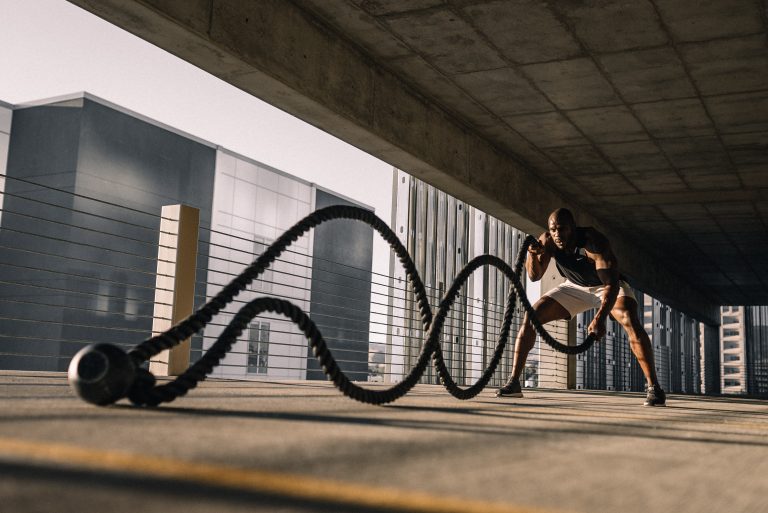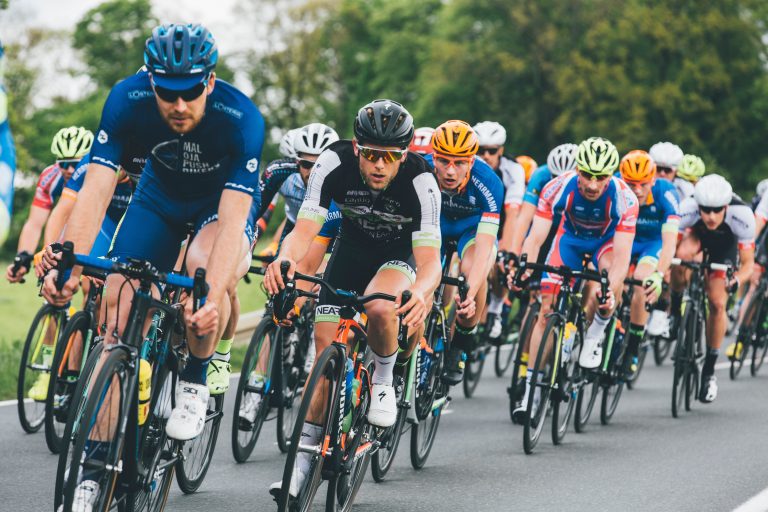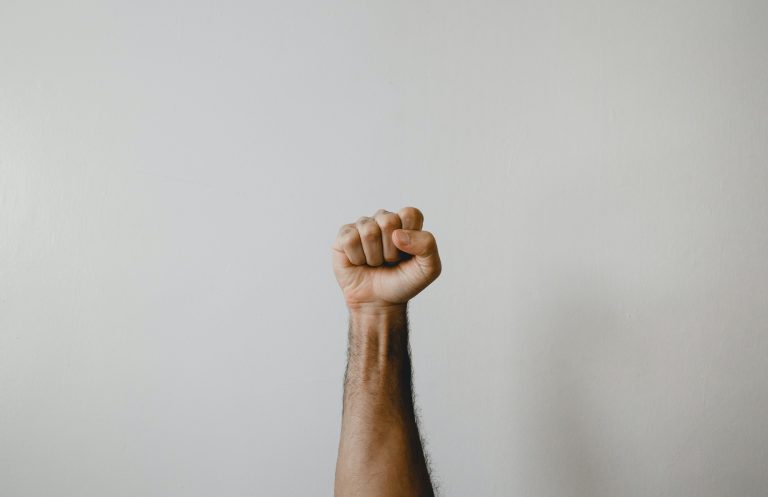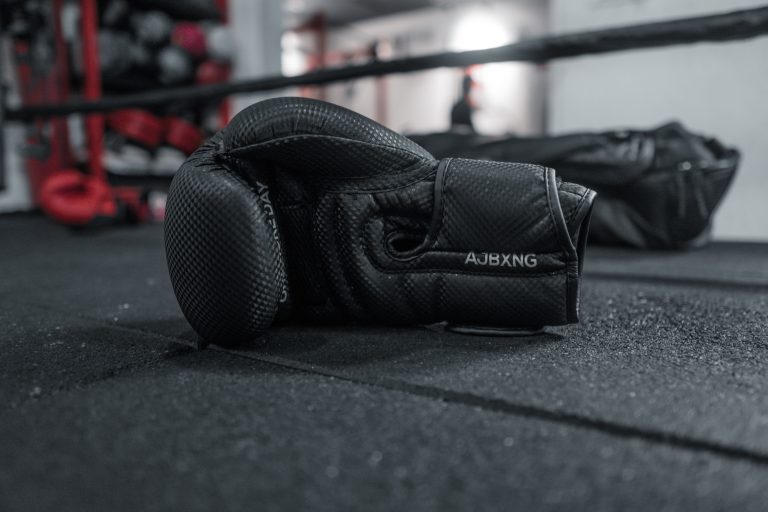Karate: How to End a Good Fight
Karate is a martial art that has been practiced for centuries for self-defense, discipline, and physical fitness. It involves using your entire body to deliver fast and powerful strikes to incapacitate an attacker. Despite its effectiveness, karate should not be misused to initiate violence or hurt others for personal gain. Instead, karate practitioners should always aim to end a good fight that has been forced upon them by using the appropriate skills and techniques. In this blog post, we will discuss how to end a good fight using karate techniques.
1. Avoid the Fight If Possible
The best way to end a good fight is to avoid it altogether. Karate practitioners should never seek fights, but rather try to establish a peaceful resolution through negotiation or walking away. If the situation cannot be avoided, try to de-escalate it by using verbal and nonverbal techniques such as calming gestures and a respectful tone of voice.
2. Get into a Fighting Stance
If you must fight, get into a fighting stance to demonstrate your readiness and prepare to defend yourself from an attack. The fighting stance should have a solid base by keeping your feet shoulder-width apart, your knees slightly bent, and your weight evenly distributed between both legs. Your hands should be up in front of your body, ready to block or strike.
3. Use Blocks, Strikes, and Kicks
Once you are in a fighting stance, use karate blocks, strikes, and kicks to defend yourself and incapacitate your attacker. Blocks are used to deflect or parry an incoming attack, strikes are used to punch or slap your attacker, and kicks are used to deliver powerful blows to their body.
4. Target Weak Spots
When delivering strikes and kicks, target the weak spots of your attacker’s body such as the throat, eyes, nose, chin, temple, and groin. These areas are sensitive and vulnerable, and a good strike or kick can quickly incapacitate your attacker.
5. Finish the Fight
Once your attacker is incapacitated, do not prolong the fight. You should quickly disengage and leave the scene to avoid any further confrontation. Remember, the goal of karate is to end the fight, not to inflict unnecessary harm on others.
In conclusion, ending a good fight using karate techniques requires discipline, focus, and a respectful attitude. Karate practitioners should always seek to avoid fights but be prepared to defend themselves if necessary. By using the appropriate skills and techniques, a good fight can be ended quickly and safely.
Karate: How to End a Good Fight – Answering the Top FAQs
Karate is not just a martial arts form, it’s a way of life. It helps strengthen your body and mind, and equips you with the necessary skills to defend yourself in times of danger. However, in any martial art form, the most critical aspect is how to effectively end a fight. In this blog post, we answer the most frequently asked questions regarding how to end a good fight.
What is the most effective way to end a fight?
The most effective way to end a fight is to avoid it altogether. As a martial arts practitioner, you must first learn the art of self-defense, but you should also learn how to control your emotions in a conflict situation. However, if a fight cannot be avoided, there are some effective ways to end it.
One way is to use a finishing technique, which is a powerful technique that will incapacitate your opponent immediately. For instance, using a well-timed punch or kick to specific parts of the body that can cause a lot of pain, such as the nose or the groin, can end the fight quickly. However, such techniques should be employed with caution and only used in self-defense.
Another way is to immobilize your opponent without causing much harm, like holding them down, as this will prevent them from attacking you further. This is known as passive self-defense.
What is passive self-defense?
Passive self-defense is when you immobilize your opponent without causing much harm. A good example of passive self-defense is when you pin someone to the ground without hitting them. This will prevent them from further attacking you while giving you time to make your escape.
Another technique that can work in your favor is controlling your breathing. By doing so, you regulate your heart rate and reduce your stress levels, helping you to think clearer and avoid escalating the conflict with the aggressor.
How can I improve my reflexes in a fight?
Reflexes are essential in any martial art form, especially in karate. It helps you to respond quickly to attacks, allowing you to defend yourself better. One way to improve reflexes is by strengthening your hand-eye coordination. You can do this by practicing shadow-boxing, drills, and speed-bag workouts.
Another way to improve your reflexes is by practicing sparring with a partner or against a dummy. By doing this, you will be training your body to recognize and respond to different situations quickly while staying alert and focused.
How can I stay calm during a fight?
Staying calm during a fight is crucial as it allows you to think clearly and make calculated moves. One way to achieve this is by practicing meditation and mindfulness techniques. These techniques will help you to focus on the present moment, regulate your breathing, and relax your body and mind.
Another way to stay calm during a fight is by having the right attitude. Avoiding fights and focusing on your training will help you to develop self-confidence that will make you feel more capable of dealing with any situation. The more you train, the better you get, and the more confident you feel in yourself.
What should I do after ending a fight?
After ending a fight, it is crucial to stay calm and evaluate the situation before leaving. Check on yourself to see if you have any injuries that need medical attention. If you have any injuries or suspect that you might be hurt, seek medical help immediately.
It is important to report the incident to the authorities as soon as possible, especially if the aggressor is still on the loose. This will help the authorities in their investigations and ensure that the aggressor is brought to justice.
In conclusion, ending a fight requires discipline, control, and the proper techniques. In karate, mastering the art of self-defense is essential, and it’s one of the critical aspects that a practitioner must learn. By learning how to control your emotions, staying calm, avoiding fights, and mastering reflexes, you will be able to defend yourself effectively and end a fight if you ever needed to.
Inhaltsverzeichnis






